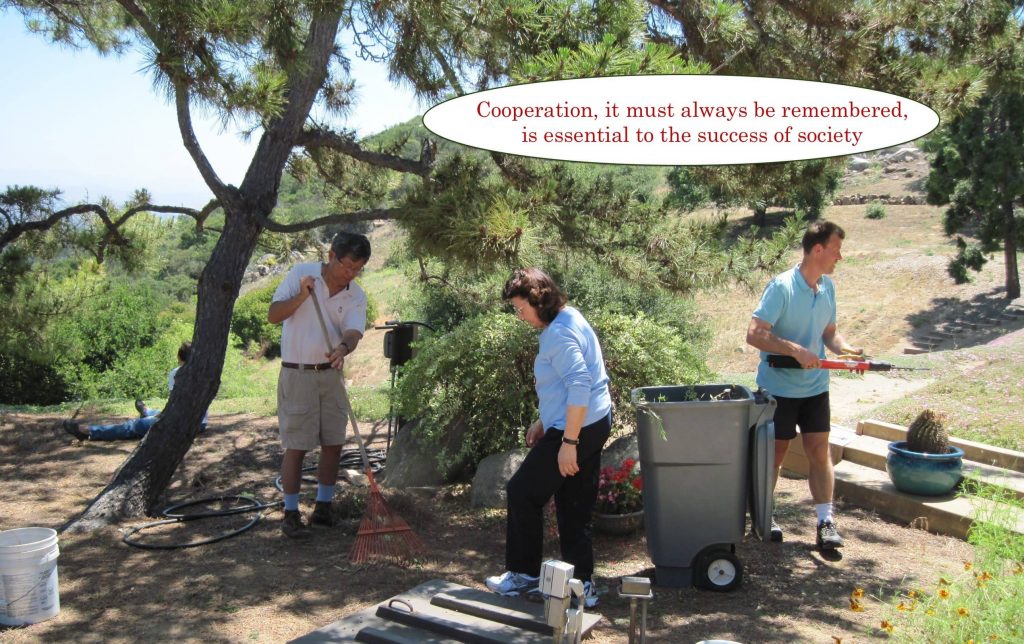All posts by Lemfel
You gain strength, courage, and confidence by every experience in which you really stop to look fear in the face . . . You must do the thing you think you cannot do. – Eleanor Roosevelt
One of our students just completed Lesson Twelve, a milestone for every Lemurian aspirant. She felt inspired to write us about her Lemurian experience so far, and because it echoes what so many of us have felt, we want to share it with our faithful blog readers. She writes:
When I first found the Lemurian Fellowship it was part of a search to understand what had happened to my partner and what my place was in all this. Why was I now a caregiver? I was hoping to find a way to help him heal, as traditional medicine was not working and no doctors had been able to help. I also felt there was much more to all this than met the eye.
And I was becoming intrigued with Lemuria. I’m not completely sure how it all came together so I could find the Lemurian Fellowship, and I cannot begin to explain how the lessons have changed my life and purpose.
I now approach the time of moving on to more advanced Lemurian learning and commitment. It was Easter Sunday as I ended the last lesson in the Basic Instruction. I reached out for a deeper meaning of caregiving according to Christ. There appears to be no greater example of the role of caregiver than that of Christ Himself. His ministry saw the healing of the diseased and the restoration of the broken.
He spoke not with the powerful, but with the weak. He felt compassion when he could have expressed condemnation, and He showed mercy when He could – rightly, it seems to me – have expressed judgment. He demonstrated to His disciples the importance of having a servant’s heart. No one has greater love than the one who gives his life for his friends, He told us.
A caregiver sacrifices his or her time, energy, and love every day. This is certainly an attribute of Christ. His mercy and compassion are all critical to caregiving. While we can never measure up to His example perfectly, we should always remember that caregivers aren’t just doing good work, they are doing God’s work, exemplified in Christ.
Perhaps this is my answer, arriving at such a meaningful time. Isn’t it interesting how things fall into place? Have I found my answer just in time to move on to the next step in fulfilling my purpose here on earth? Is this part of the testing we are told the Masters provide for us to help measure our progress? Is it part of the lesson or a milestone on my search that began with Lesson One and culminates in a new beginning at Lesson Twelve?
* * *
We extend our best wishes to our student and friend, knowing there is even more she can learn and accomplish in the next phase of her Lemurian Training. May the inspiration of her example reach others who are also struggling with difficult problems now, that they may also discover help and empowerment on the Lemurian Path.
I felt there was more to all this than met the eye.





